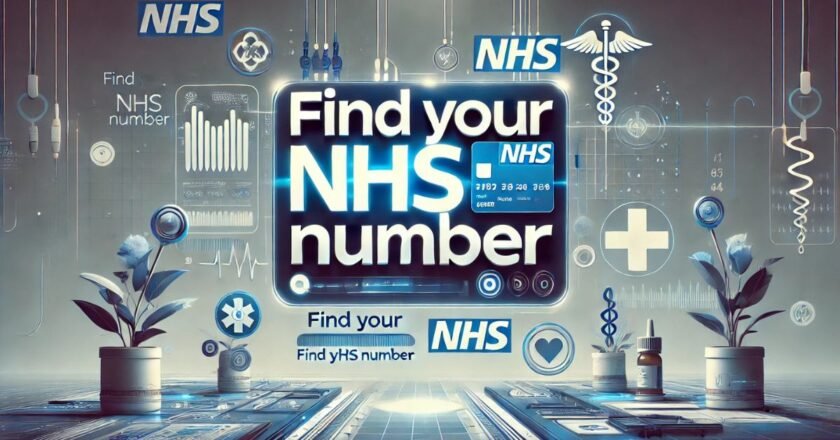This is quite common: you have eaten recently and you are still hungry. Sometimes you ask yourself, “Why am I hungry after eating?” It’s normal to find that you still feel hunger pangs after eating if you have ever experienced such situations before. It can be really frustrating, especially since you felt that you had eaten enough. There are several reasons why this could be happening, and once you understand them, it’s easier to take measures that help you feel better satisfied after meals. Let’s see some of the most common causes and solutions.
1. Portion sizes that are too small
One of the most valid reasons as to why you might still feel hungry is when your portions are not even that big to fulfill all that energy your body would demand. Even though all of these foods may seem so healthy, they somehow aren’t as high in calories for your body to consume such amounts to stay for this long.
Solution
Ensure that you eat balanced meals with a good amount of protein, healthy fats, and enough fiber. Protein and fat especially, are very filling and contribute to reducing hunger for a considerable period. You might want to increase your portions, especially if you are energetic or require more energy compared to others.
2. The Body Is Not Getting Proper Protein Intake
You might wonder why you are hungry after eating protein. Well, protein is one of the macronutrients that is very important for satiety. Not all proteins are equal, though. Some proteins digest fast, and you are hungry again in a short period after eating.
Solution:
If you continue feeling hungry after consuming a significant amount of protein, perhaps it’s time to consider including complex sources of proteins, like lean meats or legumes, or perhaps even eggs. These longer chains would digest slower, so you’d feel satiated for longer. Also, try including a compound that provides a mix of proteins, fibers, and good fats to keep one fuller for a more extended time.
3. Eating too quickly
Sometimes, you may be hungry even after you have eaten because you tend to eat too fast. Sometimes, if you rush through eating, your brain can’t read the signals sent to it to say you are full, and thus you can end up overeating or still hungry even after finishing the meal.
Solution
Try to eat slowly. Chew very well and allow your body to show signs of fullness to your brain. Mindful eating will help you know you have had enough, thus lowering the tendency of feeling hungry after eating lots.
4. Blood Sugar Imbalance
Your blood sugar levels changing might be another factor contributing to your continued hunger after eating healthily. Even hours after eating, you often experience an excessively high blood sugar increase followed by a low blood sugar decline.
Solution:
This way, blood sugar would be minimized from fluctuations because one should focus more on taking their meals that should be rich in a blend of complex carbohydrates, good fats, and proteins. It results in balancing blood sugar levels while making the stomach fuller for long hours. Refrain from the simple sugars and processed food since these elevate the sugar in the blood faster and, therefore, plunge back into the starvation once it has finished consuming them.
5. Dehydration
A feeling of hunger after eating can sometimes be an indication of dehydration. One possible explanation for why you may still feel hungry after eating healthy food is that a lot of people mistaken desire for hunger.
Solution:
Throughout the day, be sure to consume plenty of water. Eight glasses of water per day would be a fair general rule of thumb, although this would vary daily based on activity levels and weather conditions. To avoid needless hunger, remain hydrated by drinking water before, during, and after meals.
6. Hormonal Changes
In humans, it also regulates appetite. Take for example, ghrelin, which has a reputation as the “hunger hormone,” since it builds your desire to eat and the “satiety hormone,” leptin tells your body that is all it needs. At times, imbalances of such hormones leave you feeling hungry even after eating.
Solution
Though there’s nothing much you can do about hormonal changes, one of the best ways you can ensure regulated hormones is through lifestyle change. You can reduce your stress levels, have enough sleep, and eat balanced meals. When you continue to feel hungry after eating and you consider that hormones are a significant contributor, then you must consider talking to a health care provider.
7. Emotional Eating
There are some people who feel hungry due to emotions rather than by any biological impulse in the body. Stress, boredom, or even sadness leads some individuals to eat when their body isn’t hungry anymore.
Solution:
If you are still hungry after eating a lot and it is due to emotions, then you must try to find healthier ways to cope with stress or negative emotions. You could try journaling, yoga, or just walks to help manage your emotional triggers and prevent overeating.
8. Fiber Intake Is Inadequate
It takes much longer to break down foods in the body, and as a result, you become full much later after having your food. Your body will spend some hours breaking down your food due to the content of its fiber, whether it gets from whole grains, fruits, or veggies.
Solution:
Consume more fiber. More veggies, fruits, and healthy grains will help your body break down food slowly for a longer time. Among the best foods for fiber, broccoli, beans, lentils, and oats are top-ranked.
9. Skipping Meals or Starving Yourself
Your body reacts when you miss a meal or reduce your intake by making you feel extremely hungry after eating, and you might wonder why you’re still hungry after supper.
Solution:
Eat balanced regular meals during the day so you do not get too hungry later. Most of the time, skipping meals will leave you overeating, thus leaving you uncomfortably full but still feeling hungry after eating.
Final Thoughts
Why am I hungry after eating? The fact of being hungry after eating arises because of the reasons that lie in small portion sizes and hormonal imbalance. You might simply watch over what you eat, when, and how, and perhaps come to some solution for that annoying case. If the main complaint is that one always feels hungry after a meal, some small changes to diet and lifestyle could make a difference. The human body is different from any other, so maybe this process will take some time before settling on what works well.
This will take you to enjoy meals which satisfy you and make you full, not searching food all the time.



